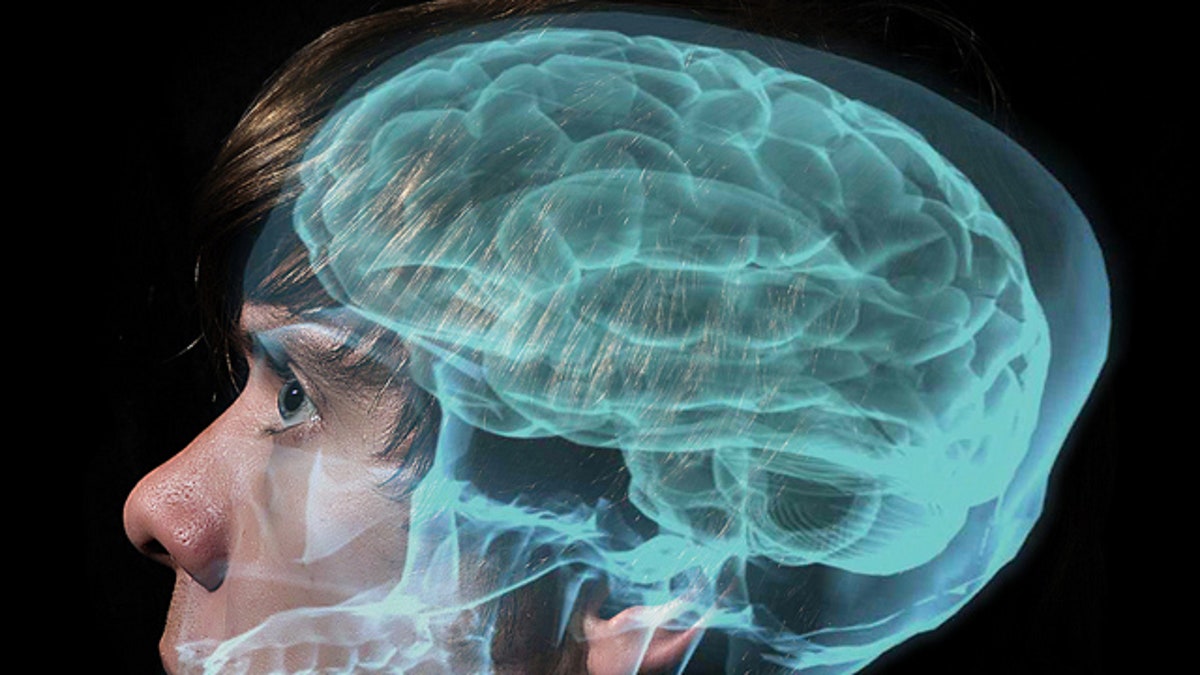
(Flickr/illuminaut)
Changes in the brain associated with Alzheimer’s disease can be seen as early as childhood in people with a heightened genetic risk, according to a study published Wednesday in the journal Neurology.
Research on Alzheimer’s has largely focused on the characteristic proteins that build up in the brain in old age, but experimental drugs meant to target those symptoms have been disappointing. One relatively new theory is that the mind-robbing disease is actually a developmental disorder that begins much earlier in life.
The new study “very significantly extends that” hypothesis, said Rebecca Knickmeyer, a developmental cognitive neuroscientist at the University of North Carolina at Chapel Hill, who wasn’t involved in the research.
Alzheimer’s is the most common form of dementia among the elderly. Symptoms may start with mild memory loss. In later stages, patients might have trouble speaking, reading and writing.
For the study, scientists tapped a dataset of 1,187 healthy children and young adults ranging in age from 3 to 20 years old for whom brain-imaging and cognitive-testing data were available. The youngsters also had been tested for variants of a gene associated with Alzheimer’s risk, known as apolipoprotein E, or the APOE gene. Each person has two copies of the APOE gene, one inherited from each parent.
